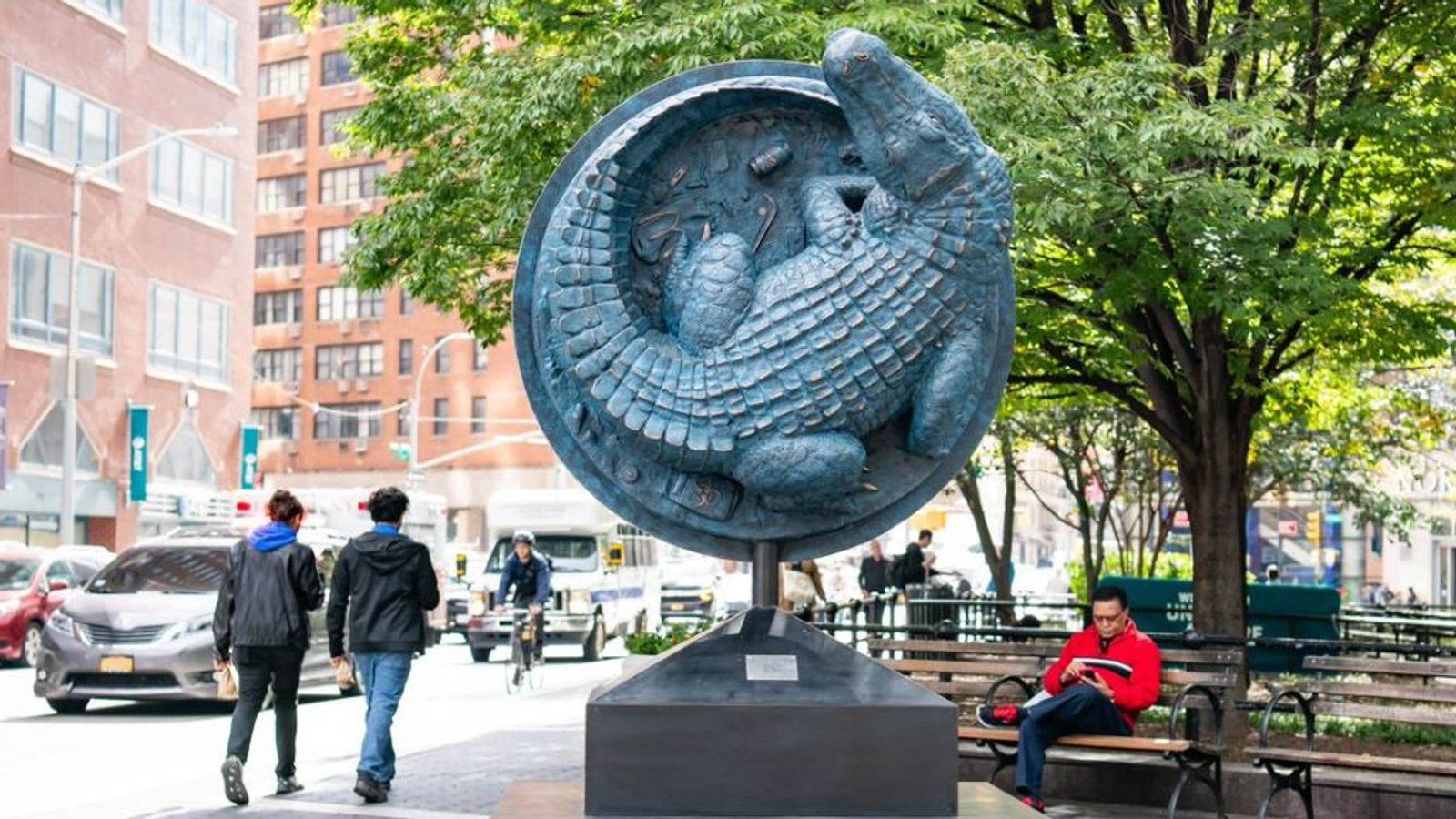
Welcome to Latam Insights, a compendium of Latin America’s most relevant crypto and economic news during the last week. In this issue: The Central Bank of Argentina is pushing for the introduction of the digital currency “as soon as possible,” Bitfinex makes P2P transactions free in Argentina, Colombia, and Venezuela, and the Salvadorean vice-president links El Salvador’s “rebirth” to bitcoin.
Central Bank of Argentina Pushes for CBDC Bill Introduction
The director of the Central Bank of Argentina, Juan Agustin D’Attellis Noguera, revealed that the bank was working on an Argentine digital currency, as announced by presidential candidate and current economy minister Sergio Massa.
During an interview, D’Attellis stated that the bank was developing a bill to introduce the Argentine central bank digital currency (CBDC) before the Argentine Congress. He stressed that this would be done “as soon as possible.”
Nonetheless, the candidate elected in the upcoming Argentine presidential elections might have a different plan. If libertarian candidate Javier Milei clenches the win on Sunday, this proposal might be scraped. Milei’s government plan proposes the dollarization of the country and the elimination of the central bank and the Argentine peso.
Bitfinex Makes P2P Exchanges Free in Argentina, Colombia, and Venezuela
Bitfinex, a cryptocurrency exchange, has announced that it is exonerating users of its recently introduced P2P market in Argentina, Colombia, and Venezuela from paying trading fees. According to a press release, Bitfinex’s platform “now offers takers the advantage of immediate crypto-to-crypto settlements 24 hours a day without incurring any fees.”
With this move, the exchange hopes to attract more users from other established platforms. Bitfinex CTO Paolo Ardoino stated:
By offering a reliable and efficient platform for P2P token trading, we are empowering our customers to engage with the marketplace in a way that affords maximum convenience based on their needs and preferences.
Salvadoran Vice-president Links Country’s Rebirth to Bitcoin Policies
Feliz Ulloa, Vice-President of El Salvador, linked the economic revamp of the country to the bitcoin-related policies and the adoption of bitcoin as legal tender. In an interview published in Forbes, Ulloa stated that while the country faced heavy opposition from international institutions like the International Monetary Fund, it has benefited from its bitcoin-friendly approach, attracting investors and tourists.
Ulloa declared:
The enthusiasm that started in the sphere of the digital economy, with bitcoiners, where El Salvador, having positioned itself as the first country to adopt a cryptocurrency as legal tender, was at the forefront and attracted many investors who are in fact installed in Salvador.
To follow all the latest developments in crypto and the economy in Latin America, sign up for our Latam newsletter below.
What do you think about this week’s Latam Insights report? Tell us in the comment section below.









